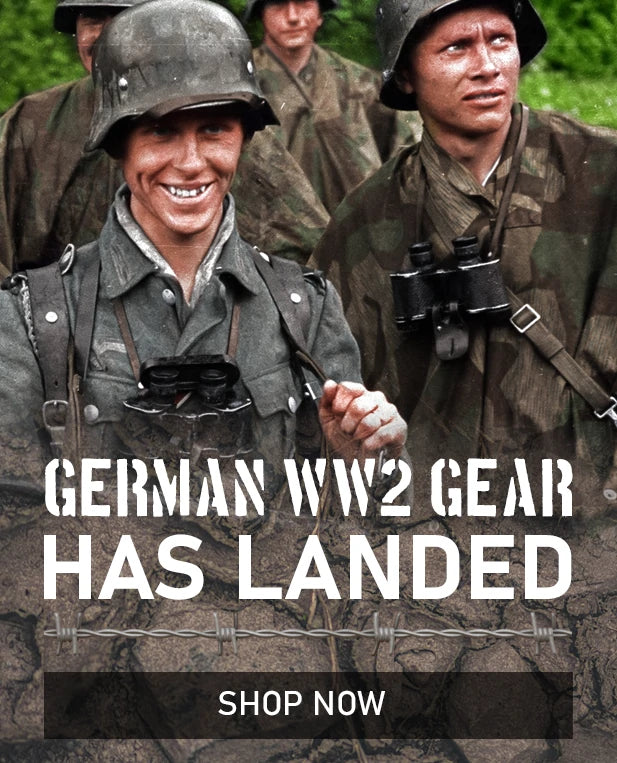Emergency survival kits come in a variety of shapes, sizes and colours. From a bunker with a years supply of food, water and equipment to a credit-card sized multi-tool in you wallet and the clothes on your back.
If you are not prepared for an emergency - when one does occur - you are a burden to others that have taken the time to put aside supplies and equipment. This article will look at a basic short term emergency kit (approx 3 days) also referred to as a 72 hour kit.
1. Food and water for at least three days
- Non-perishable food (canned, dried food or MREs)
- Food, formula and drinks for babies and small children
- Water for drinking. At least 3 litres per person, per day.
- A means to decontaminate water – see our article on water purifying.
- Water for washing and cooking
- A means to cook: gas cooker, alcohol/fuel tablet burner or even an open fire.
- A can opener - check out the P38 for an ultra compact can opener.
- Don't forget some food for the family pet
2. Warmth/Protective clothing and Footwear
- All other items are useless if you succumb to the elements on the first cold night. A sleeping bag or wool blanket is crucial. Have a look at our article on Sleeping Bag Basics.
- Sturdy footwear: Most emergencies will require you to be walking through debris or other hazardous material. You won't be getting far with cut up feet, so make sure you have some quality boots or shoes ready to go.
- Warm dry socks – very important.
3. Hygiene
- Toilet paper
- Soap and/or hand sanitiser
- Paper towel, tissues and/or moist wipes
- Sanitary products of choice for the women in the family
- Nappies for those with children
- Toothbrush and toothpaste, don't neglect your oral hygiene
- Plastic rubbish bags: besides the obvious uses, rubbish bags have a multitude of survival uses.
4. Medical
- First-Aid Kit (these come in various sizes, get yourself a few to keep in various locations).
- Medications (prescriptions, pain-relief, allergy medication etc)
- There are a number of natural herbs and preparations that can help to settle and calm you physically and emotionally – this is worth looking into further.
- A basic first-aid book – the first-aid kit isn't much good if you don't know how to handle the medical situation. It's worthwhile taking a first-aid course.
- Not an essential item - and not one for everyone – but a stainless steel hip flask complete with distilled content of choice is an addition to your kit worth considering. Although not on the traditional emergency list, having a wee something to settle the nerves after a traumatic experience can really help calm the situation. Not intended for knocking yourself out, as you still need to have your wits about you.
5. Communications
- A battery, hand cranked or solar powered radio to get updates on the situation.
- If cellular communications are available, a charged cell phone is very handy for staying in communication with family. A means to charge via solar or hand cranking is also very useful.
6. Lighting
- Candles are okay for a general power outage, but they become a hazard in an earthquake zone as they can tip over. Battery powered lighting is easier and safer.
- A good torch, a headlamp and some kind of lantern will help illuminate the situation.
- A supply of batteries for all your devices.
7. Tools
- A good Multi-tool such as those made by Leatherman. With an array of tools in a compact form, multi-tools are very versatile and are useful in lots of different scenarios.
- A multi purpose knife and sharpening system (have a look at the Smiths Sharpener and Survival tool)
- Some form of digging tool, folding shovels are very handy and can be stored in your vehicle or elsewhere easily.
8. General Equipment
- Cordage: 10+ metres of something of rope or a cord like 550 paracord. This is a very popular and versatile choice of cord for your emergency/survival kit.
This list could - and will in future articles - go on for longer. Everyone's kit may look a bit different and cater to their specific situation - if you live near volcanoes, make sure you have some face masks in your emergency kit for example. There may be some essentials we have forgotten here, let us know in the comments section below.





15 comments